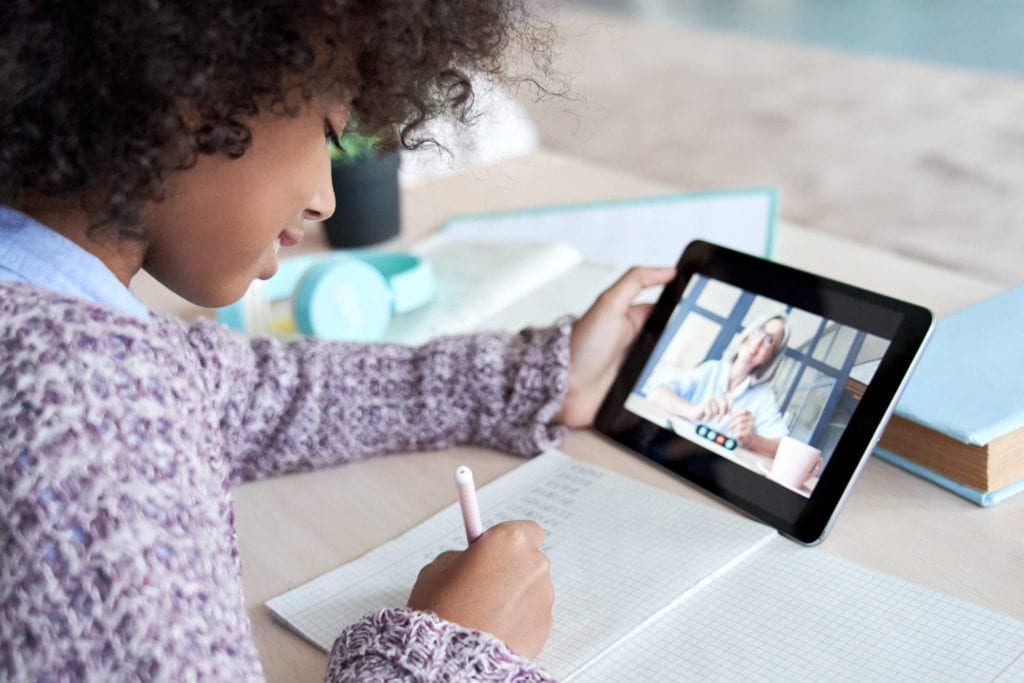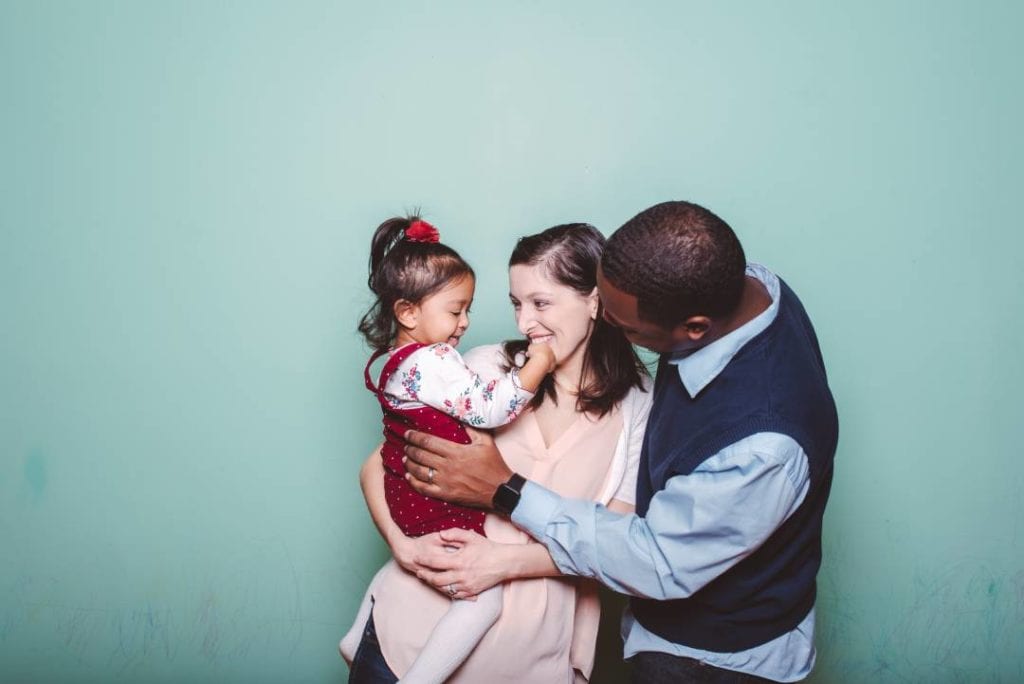I care about kids. There, I said it. I spend hours planning lessons, am available for pick ups and drop offs, occasionally wipe away tears when there are break-ups or down spirals, and research the best ways to make balance happen in youth culture.

According to Infographicworld.com, teens today make double what we did in the 1980s. They smoke less marijuana and cigarettes, score higher on SATs, attend college at higher rates, and make smarter health and social conscience decisions. Why then do the Independent.co.uk, the American Psychological Association, and the Nuffield Foundation report that rates of depression and anxiety among teenagers have increased by 70%, that suicide rates are up 25%, and why do 93% of teachers report an increase in mental-health problems?
This is alarming. It is alarming for teachers, parents, and society as a whole. What are we missing in this era of the bright, skilled, and beautiful adolescent?
“Something in modern life is undermining mental health,” wrote Jean Twenge, a professor of psychology at San Diego State in a recent paper. In her research, Jean Twenge uses four studies covering 7 million people to make her case. What she found was an indication that our teens are suffering.
Over and over again the results reported in every paper I read show similar results. Children today have less physical activity, interact less with actual people, make less decisions on their own, deal regularly with the breakdown of the family unit, and are pushed to think extrinsically instead of intrinsically. In summary, children are so busy being little adults that they do not have the freedom to make choices, fail, and play. My heart breaks.

What then can we do? First, we acknowledge that there is a problem. Second, we create community. We are human, and humans need interaction. Parents put down the briefcase and throw the ball around; ditch the Beamer and jump on the bicycles, sit around the table while you eat so you can have a conversation, and finally, trust your kid to make decisions; and when she screws up, love her through the mop-up.
No one is going to swoop in and save our families. We need to be intentional in our relationships. We need to love unconditionally, and allow mistakes to be made as our kids make their own decisions. We need to encourage rest, play, and silliness just as often as we encourage studying, chore completion, and goal planning. The key, as always, is balance and community. Together we can bring hope back into our children’s hearts.
